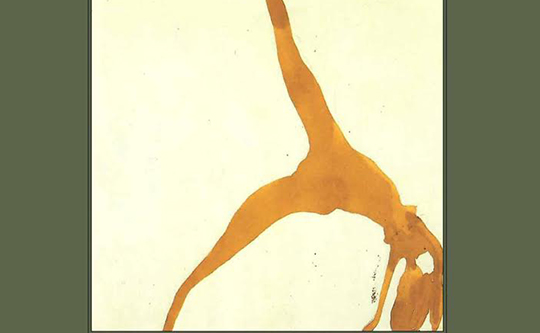Our team of editors across the world is back with the latest literary news as summer winds down. In India, the recently released longlist for a major literary prize has put translations center stage. In El Salvador, a newly published book of poetry interrogates the concept of terrorism in Central America and the United States. In Guatemala, the city of Mazatenango played host to an international book festival. Read on to find out more!
Areeb Ahmad, Editor-at-Large, reporting on India
First awarded in 2018, the JCB Prize for Literature is India’s biggest literary prize and is given every year to “a distinguished work of fiction by an Indian author.” It is one of those rare prizes that gives equal attention to books originally written in English and translations from other languages, without putting them into separate categories as the Booker does. In a first for the prize, there are six translated titles out of the ten that comprise the 2022 longlist, which came out on September 3. This far exceeds the previous record of three longlisted translations. Two of this year’s longlisted books were translated from Urdu, and the rest were translated from Hindi, Malayalam, Bengali, and Nepali. One notable exclusion is Nireeswaran by V.J. James, whose novel Anti-Clock (translated from Malayalam by Ministhy S., who also translated Nireeswaran) was shortlisted last year.
Geetanjali Shree’s Tomb of Sand, translated from Hindi by Daisy Rockwell, needs no introduction. After winning the International Booker Prize earlier this year, its chances of taking home the JCB Prize are high. Another promising title is Sheela Tomy’s Valli, a work of eco-fiction translated from Malayalam by Jayasree Kalathil. Kalathil’s translation of S. Hareesh’s magical realist novel, Moustache, won in 2020 , meaning three of the prize’s four past winners were originally written in Malayalam.



